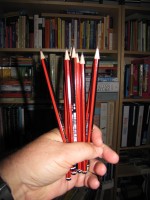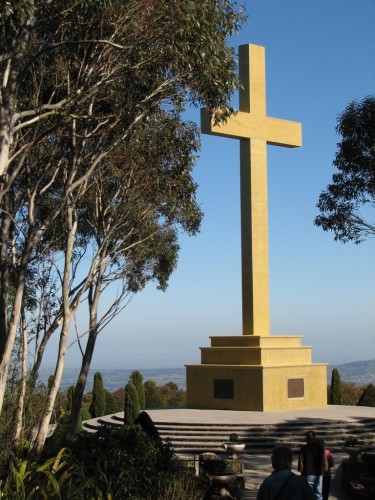Where will your writing end up?
I find it fascinating where my writing ends up.
Let me explain. Most writers, myself included, desire for our words to be read by others. Sure, some people write only for themselves and that’s fine. I would contend though that the majority of writers dream of having an audience for their words, preferably a large one. I like to know from my readers that I have written something that has intrigued, challenged, entertained, inspired or instructed them – not all at the same time , of course, though that would be great.
It always amazes me where my writing ends up being published. Sure, I’ve have had some small publishing successes. My stories, poems and articles have appeared in books, anthologies, magazines, newspapers and I’ve performed some of my poems in public too. One of my plays was featured on a national television programme. Last year one of my poems was set to music and performed at the ANZAC Day ceremonies in Belgium. Cool.
My latest publication success is intriguing. It’s always nice to be invited to submit something and that is what happened earlier this week. A simple little haiku I wrote some years ago has been published on the Ocean Portal site of the Smithsonian National Museum of Natural History.
Why not head over there and have a look. They are celebrating National Poetry Week by inviting readers to submit their own poems celebrating their love of the ocean.
Links:
- Ocean Portal site – Your Ode to the Big Blue
- Smithsonian Museum of Natural History
- National Poetry Month
And if you are interested in reading some of my poetry, click here.
Good writing.
Hand me a (poetic) pencil
I love pencils.
I always have a good supply of 2B pencils on my desk, and a back up supply in the drawer of my desk. I love the feel of a pencil in my hand as I write. This is especially so when writing poetry.
I almost always use a 2B pencil when composing poems. The sensuality of holding a pencil generates a creativity I rarely get using a pen or a keyboard. After the poem is crafted and has morphed through several drafts, a final copy is then typed up on my computer. Very little changes once I’ve typed it, perhaps only a little formatting and minimal changes to punctuation.
For most of other writing I now use the computer keyboard exclusively. This includes stories, novels, essays, articles and blog posts. I just do not have the time (or the patience) to compose in pencil or pen first. I may occasionally jot down notes or an outline in pen or pencil, but I’ve also done that on the computer. It’s a necessary part of being productive.
What do my readers use when writing?
I’d be interested in hearing your comments.
Good writing.
Lest we forget
Lest we forget.
Today is ANZAC Day, a very special day on the calendar in both Australia and New Zealand. On this day we remember our war heroes, those who served – and continue to serve – our country on the battlefields of the world.
I wrote a special tribute to the ANZACs a few years ago. It can be read here: Poem: Anzac Cove.
The words of this poem have been set to music by New Zealand composer Andrew Baldwin and the song is being performed as a part of the ANZAC Day celebrations in Ypres, Belgium.
We will remember them.

